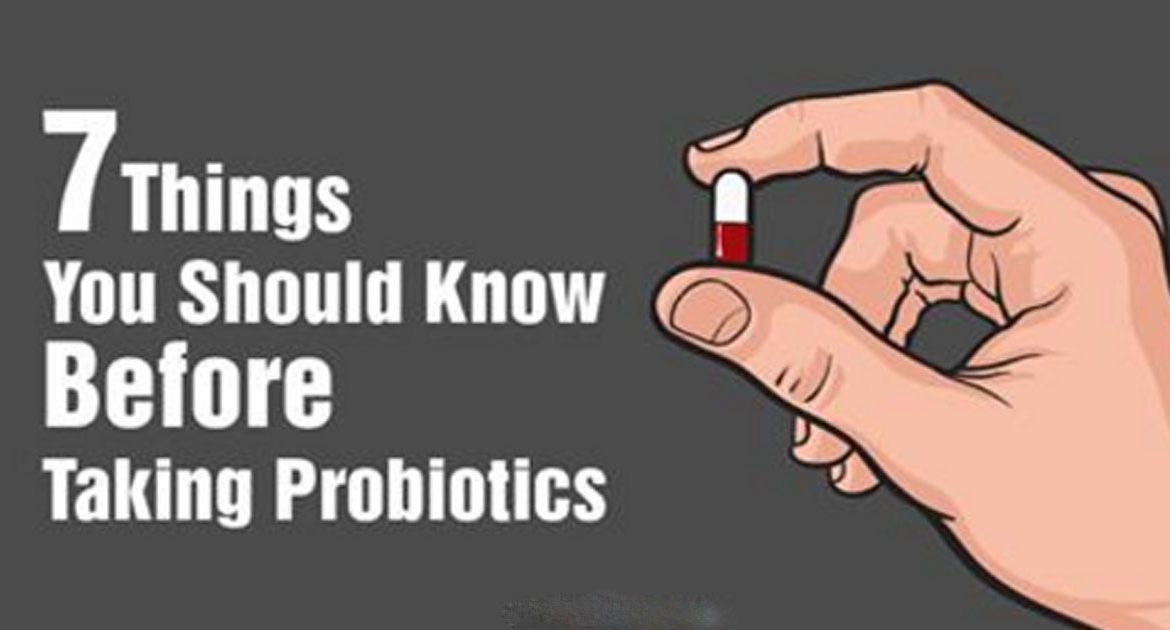Some foods have gained an almost legendary reputation for their miraculous properties. And then you have probiotics, magical bacteria that have reached almost divine status. The term probiotic originates from Latin and Greek and means “to give life.”
The probiotics industry is worth almost $37 billion in the United States alone. In just the last three years, sales of products containing probiotic such as yogurt have grown by 30 percent.
Tim Blood, an attorney in San Diego who is an expert in making sure that consumers are protected when it comes to advertising, says that just putting “contains probiotics” on products helps them sell better on the market. Not too bad for a bacteria, right?
Probiotics initially rose to fame for anything but sexy reasons: curing digestive complaints such as acid reflux and constipation, which afflict around seventy million people (most of them women). But that’s the old way to look at probiotics.
In their newest incarnation, probiotics in the form of both food, as well as supplements, are hitting the limelight as a panacea for wellness, defeating allergies as well as depression, boosting immunity, and combating chronic ailments like Alzheimer’s, migraines, and diabetes.
Consequently, they’re not confined just to foodstuffs that have them naturally (i.e. yogurt and kimchi); in fact, they are being used in almost everything, even mineral water.
To be honest, when you think about it, it’s pretty easy to reach the conclusion that the stomach would be the one place for curing all sorts of diseases.
In the last ten years, scientists have found that the microbes inside our guts aren’t just squatters that are living off a nutrient-rich environment.
These 40 trillion bacteria, fungi, and viruses, known together as the microbiota, are almost like a living organ by themselves. They work with the body to help it extract nutrients from food, fight off germs, and tune our immune systems.
Since microbiota has been found to have a link with gastrointestinal diseases such as irritable bowel syndrome, you would think that increasing “good” bacteria like probiotics should improve your health.
Hold it right there though, because according to Robert Hutkins, Ph.D., who is at the Nebraska Food for Health Center in Lincoln, that has not been proven to be true yet. Although scientists have identified hundreds of probiotic strains, research has only confirmed a few of them to be helpful in treating certain diseases.
Just as important is the fact that there’s no proof that probiotics have a significant effect on the microbiota of healthy individuals. In fact, in the E.U., officials have not given their permission for using the word probiotic to support any magical health benefits.
Over in Europe, the only permitted use when it comes to probiotics is that they make lactose digestion better. Too bad, eh? Well, we asked scientists who are on the leading edge of probiotic research to help us figure out what’s real and what’s a myth when it comes to probiotics.
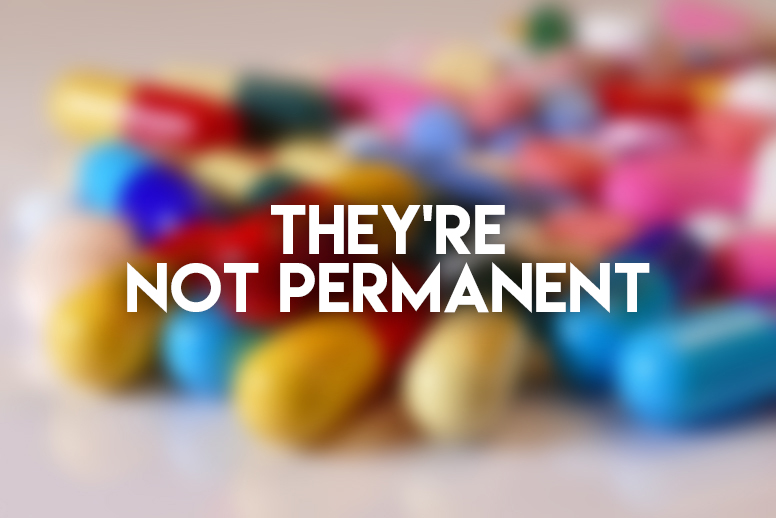
Hutkins says that when you swallow a probiotic, it doesn’t stay in your intestines forever. It could be the case it pushes out a microorganism that is making you sick, and this is most likely why probiotics are so effective against diarrhea. Over time though, the probiotic passes through the stomach.
It’s just not possible for you to take too many probiotics; they’ll just go through your system. It’s why you need to take probiotics daily if you want to get any health benefit from them.

A lot of the probiotic strains found in foods are there just because they’re safe and can be produced quickly and inexpensively. What this means is that they might not necessarily be the best strains for maintaining health or treating disease.
Scientists who are researching probiotics are still trying to find out which strains are the best for treating which diseases.

The first and most important thing you need to make sure when you’re taking probiotics is that you’re taking the correct strain for your health issue. You need to do your homework on this because some strains have many forms that are helpful for different medical conditions.
Second, you need to confirm that each serving has more than one billion CFUs (colony-forming units). That is the approximate amount which has a beneficial effect. If you don’t see it on the label, then you’re probably not getting it.
Consumer Lab, a group responsible for testing supplements, found CFU counts ranging from 2.5 million to 900 billion per serving. In the case of probiotic yogurt or kefir, look for “live cultures” on the label.
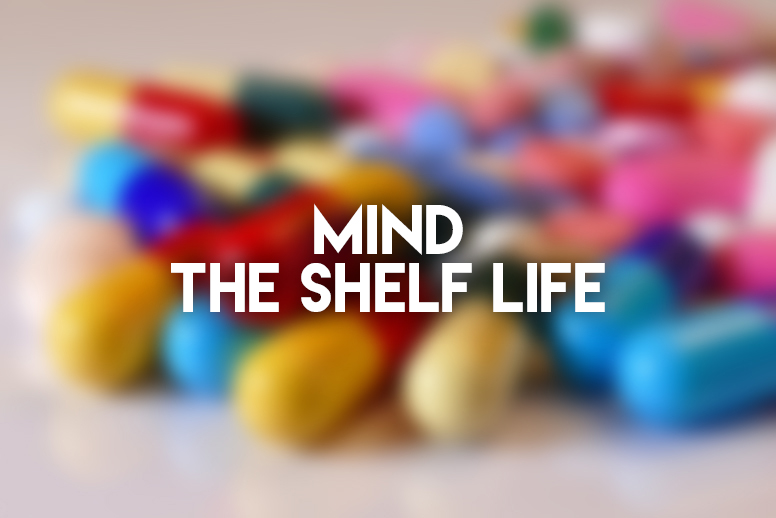
Pay close to the shelf life of what you’re buying. Even if the label shows that it has a gazillion CFUs, that’s not what you might be getting when you swallow that pill. You have to remember that probiotics are living organisms, which means that they will die when it’s too hot or if they’ve been sweltering on the shelf for too long.
What this means for you is that if you’re out and about, you need to get your probiotic supplements at the end of your trip, because they might not be as effective if you leave them lying around a hot car. Oh, and the bacteria have a natural life expectancy, so get the container that has the expiration date that’s the most far off.
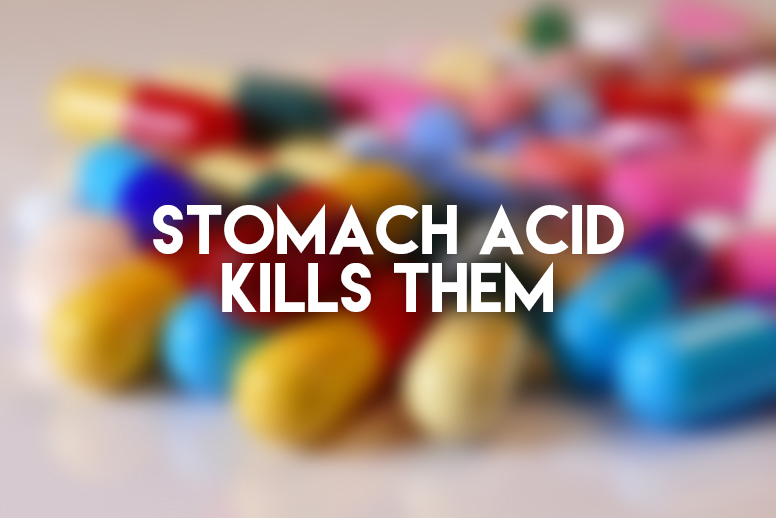
Not all strains of probiotics can survive the acidity of your stomach. So if you’re taking a probiotic supplement, do make sure that the pills are film coated because the shell will ensure that it reaches your intestines intact.
If you can’t find an enteric coated version of your favorite probiotic, then you need to take it with food so that it has some protection from the hostile environment in your gut.

Gastroenterologist Matthew Ciorba, a medical professor at Washington University School of Medicine in St. Louis, says that you could have many people take the same probiotic and have only a few of them report an improvement in their conditions.
The reason why is because every one of us has a unique microbial makeup, kind of like a fingerprint that is different because of factors such as genetics, gender, and even age.
Here’s an example: animal researchers from the University of Texas at Austin discovered that the microbes living in the stomachs of males and females respond in a different way to the same diet.
Scientists are currently researching ways to use a person’s natural microbes to treat diseases instead of going for a one-size-fits-all approach.
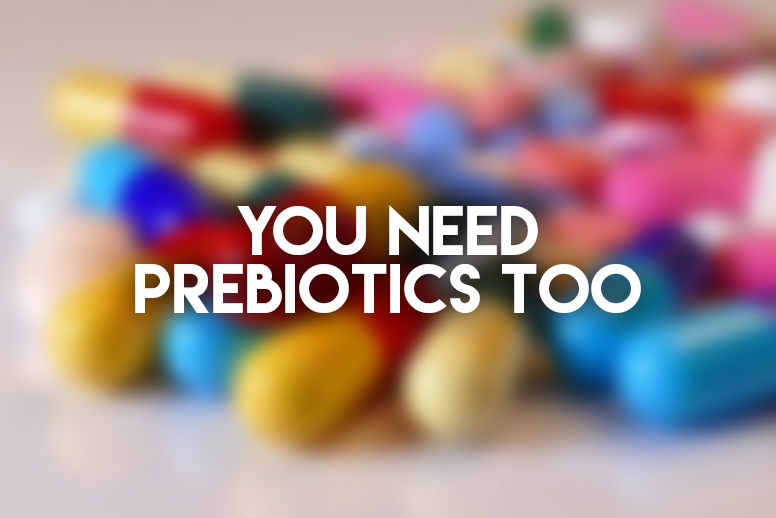
Because the bacteria in your stomach is alive itself, it needs to eat too. That’s where prebiotics come in. They’re nondigestible carbohydrates that serve as food for friendly bacteria, helping them grow. It even appears that they’re helpful just by themselves.
They retune microbiota that is not working as they should be because of stress. According to a recent study, mice who were on a diet of prebiotics slept better after having being exposed to stress.
In simpler terms, prebiotics are a particular kind of plant fiber that provide nourishment for the good bacteria that are already there in the stomach, whereas probiotics are bacteria that get put into the gut.
Also, people who take prebiotics daily have way fewer issues with depression, anxiety, and stress. In fact, when saliva that was taken from individuals who consume prebiotics was tested, it had considerably lower amounts of cortisol, a hormone whose high levels have a direct link to mental health disorders.
The only full-spectrum prebiotic that is available on the market at the moment goes by the name of Prebiotin. What this means is that the formula for Prebiotin has both oligofructose and inulin. Prebiotin treats the whole of the bowel wall to give one the fullest possible benefits.
Many independent funded scientific studies have also proven Prebiotin to give a tremendous boost to the number of good bacteria in the colon. The resulting advantages of this are quite impressive and are vital to one’s overall well-being and health.
Hutkins advises taking prebiotics daily in food form though, and not pills because it’s hard to get the required amount from just a supplement. And in case you’re wondering where you can find prebiotics, you can find them in whole grain oatmeal, onions, bananas, garlic, and asparagus.
There are a few key differences between prebiotics and probiotics. Unlike probiotics, prebiotics are not destroyed in one’s body. They are also not affected by either bacteria or heat, so this means that taking full advantage of prebiotics is easier than probiotics.
For example, some people can’t or won’t eat dairy foods, and for them getting sufficient amounts of probiotics might be difficult, if not impossible.
So now you know the seven most important things you need to know about taking probiotics. Please do leave your feedback in the comments and take a moment to share this article with your friends and families and with anyone you know who is either thinking of taking probiotics or is on them already, so that they don’t miss out on this valuable information.
